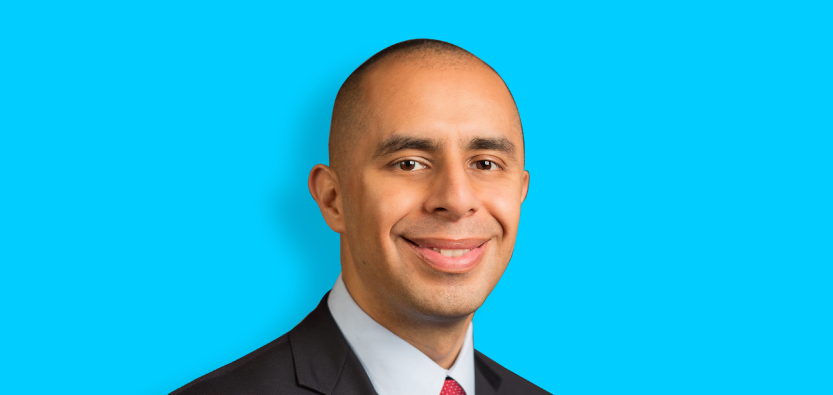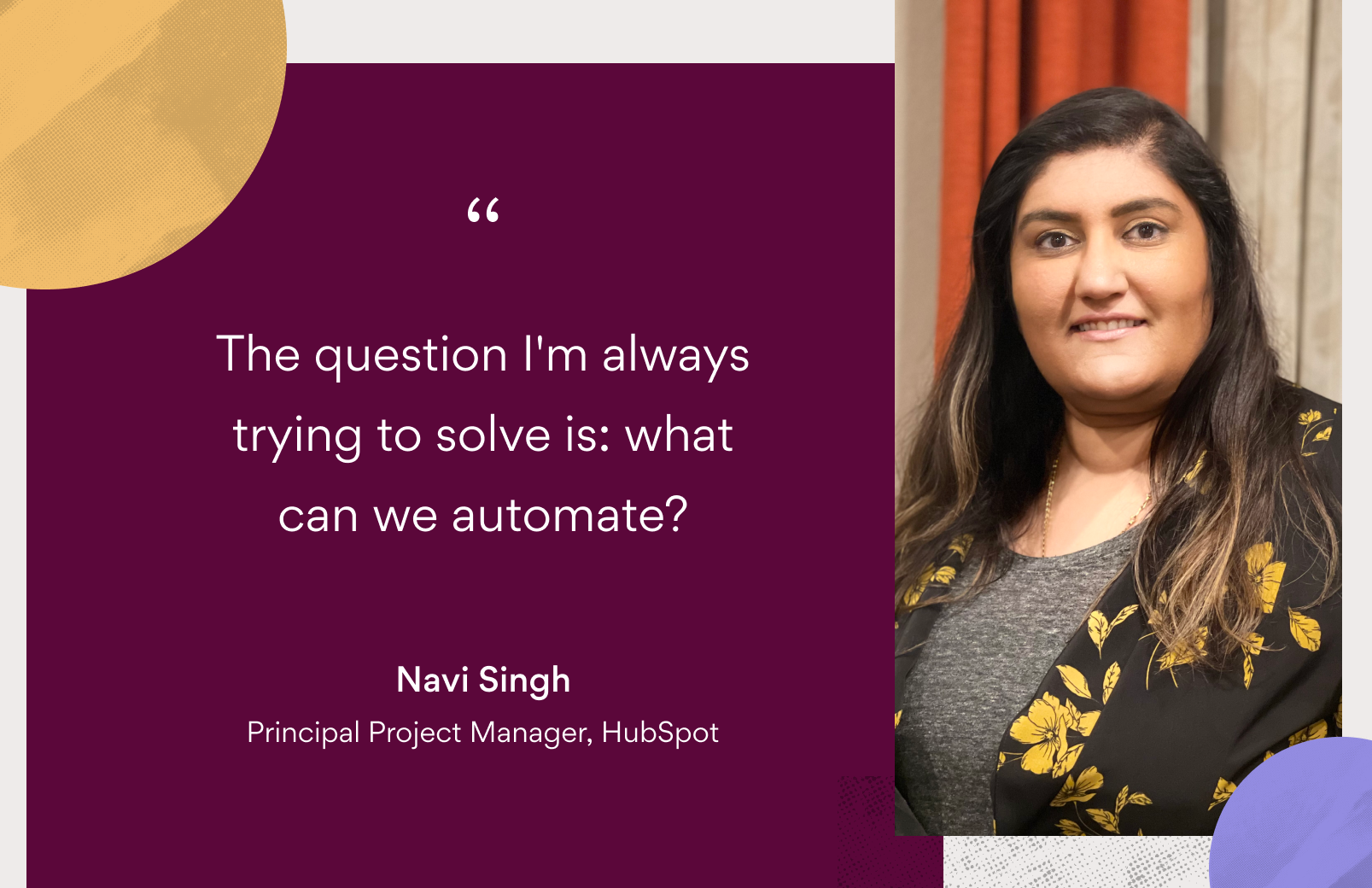Providence is the city that runs on Asana

Mayor Jorge Elorza
Why is “government efficiency” such an oxymoron? For people living in urban areas, the words “City Hall” are synonymous with bureaucracy, long waiting times, and other municipal headaches. This feeling is so common, the idea of an effective government is almost utopian; something found in a distant future with light speed travel and grownups wearing Lycra jumpsuits. For Providence, Rhode Island, however, the concept of an efficient city isn’t science fiction. It’s happening today under the oversight of mayor Jorge Elorza.
Elected in November of 2014, Elorza is not your typical big city mayor. He’s so approachable that he bikes himself to work, hosts town halls on Twitter, and you even can sign up to run with the mayor on his weekly jogs through the park. He’s also eager to blend technology and politics, which is why innovation was a major theme when putting Providence on the path to efficiency in 2015.
Over the past year, implementing innovations like Asana is one way Elorza used technology to help his administration reach its goals. We talked to Mayor Elorza and his deputy chief of staff, Marisa O’Gara, about the role Asana plays in City Hall’s new culture of innovation—and how cities can embrace technology to be more efficient.
How did you start using Asana?
Elorza: I used Asana before at other organizations, and when I ran for mayor it was how we kept ourselves organized at campaign headquarters. Once I took office, we went completely onboard. Now that we’re using it as an entire administration, I can really see how it can help us accomplish different tasks, and our employees are much more productive as a result.
How is it useful for cities specifically?
Elorza: There is so much information coming in and out of City Hall every day. Asana allows me to manage how much information I receive, and don’t receive, so I only get information about what I need to know.
When people call City Hall, they might have a small issue—in the grand scheme of things—but to that constituent it’s very important. So it’s important that nothing slips through the cracks. That’s exactly what Asana helps us do. It helps us do all these little things that allow us to be more ambitious and take on bigger and bigger projects.
Now that we’re using it as an entire administration, I can really see how it can help us accomplish different tasks, and our employees are much more productive as a result.
O’Gara: In government we have no shortage of challenges, but there are a lot of things we can control. There are processes that we can improve upon and refine. Tools like Asana are what allow us to do better, and more efficiently serve the public.
How else can Asana help your day-to-day?
Elorza: One piece that’s tremendously helpful is that I know when every task I assign is completed. In most organizations, it’s difficult to know if that loop is ever closed. Asana tells you when that task is done, or when you need to follow up.
Also, I have regular meetings with department directors. Since there are things that come up in the middle of the week, I’ve created a project for my ongoing meetings. It builds up an agenda automatically. Everything we have to talk about is already on there, so we get right to work. It’s been incredibly helpful; in all truth, I wonder how anyone runs an administration or large organization without Asana or a work tracking tool.
O’Gara: It gives me the confidence that the things I’m working on are exactly the things that I need to be working on. Asana has helped me better manage my time and priorities, and eliminated a lot of unnecessary stress. We work in a busy environment that is a lot more manageable when everyone is on task and we all have the updates that we need from our team. It’s made things a lot easier.
Plus, there is a sense of urgency in this administration. Asana fits in nicely with that value. We don’t want to waste anyone’s time, especially our residents’.
Let’s talk about long-term planning. What can cities do differently when they embrace technology to track work?
O’Gara: It definitely clears up more time for long-term planning. In government, sometimes there can be a tendency to be reactive because of how quickly things move. Asana lets us be more proactive.
Elorza: We can take on more projects, because we’re more productive. Our commitment to Asana fits with a larger mission that we have here at City Hall, and that’s innovation and technology. I want Providence to be the most innovative City Hall in the country, which is why I created the position of Chief Innovation Officer. We now have four full-time people committed to innovation, so there’s a culture and attitude of innovation—in all our departments in City Hall.
It’s been incredibly helpful; in all truth, I wonder how anyone runs an administration or large organization without Asana or a work tracking tool.
We’re making our sure our departments are efficient at collecting data, and we’re using that data to inform all our decisions. We’re also building systems to ensure that all this information is available to the public and transparent. We set very specific metrics and goals for what we want to achieve, and we hold ourselves accountable to those goals.
So it’s part of that larger culture of accountability, evidence-based practices, and data-driven analysis—it’s truly the way of the future. We want to make sure we’re on the cutting edge of technology and continuously improving, so we can accomplish more with the same, or fewer, resources.
Mayor Elorza, you recently spoke at the United States Conference of Mayors. Can you tell us about that?
Elorza: I did a presentation for mayors across the United States.
Now, any new mayor might have struck a chord with constituents and gotten elected, but that doesn’t necessarily mean that they understand how exactly to implement a new approach.
Since Providence is a city that has already committed to innovation, we’ve become a resource to new mayors to guide them through the investments they need to make. I’ve made myself available to all of them. We’ve had a lot of success and a lot to show for it here in Providence. Sometimes mayors just need that proof point—that a dollar invested [in innovation] is going to yield returns.
In which ways does operating efficiently benefit your constituents in Providence?
Elorza: I just had a meeting today with my emergency management team. We’re planning for crisis situations, and defining responsibilities and roles has been an area where Asana has really been vital. We go through our checklists and stay informed in real time. It allows us all to stay in the loop and work more effectively as a team.
The thing about Asana is that ideally, it works in the background. It’s a platform that allows us to do all these other great things we want to do. Implementing Asana is not an end in and of itself, but it allows us to do so much more. Whether we’re tackling gun violence, economic inequality, or challenges in education, this platform allows us to take on even more ambitious projects here in the city.
What’s something you’re really proud of being able to accomplish last year?
Elorza: One of my top priorities, in 2015 and always, was to make sure that the city provides quality, responsive service to all its residents. This is best accomplished when city departments have effective internal communication, like the kind provided by work tracking software such as Asana.
Whether we’re tackling gun violence, economic inequality, or challenges in education, this platform allows us to take on even more ambitious projects here in the city.
O’Gara: We have reinvented the way customer service is done in Providence. It’s remarkable. You can’t go anywhere without people talking about how they receive regular calls back updating them on the status of their service requests—that’s never happened before. Our constituent services office is responsive, metrics-driven, and customer-service oriented, and the emphasis we’ve placed on innovation has helped us achieve that. Asana is a critical part of that.
Thinking ahead to 2016, any advice for other mayors or people leading teams?
Elorza: 2016 is poised to be a big year for Providence. I look forward to continuing to work hard every day to create jobs, expand opportunity for all of our residents, and help our city thrive. My advice to other mayors, and to anyone who wants their organization to run more efficiently, is to fully embrace innovation and technology and implement a tool like Asana.
We appreciate you being such an evangelist!
Elorza: Honestly, every city in the world should be run on a tool like this.

